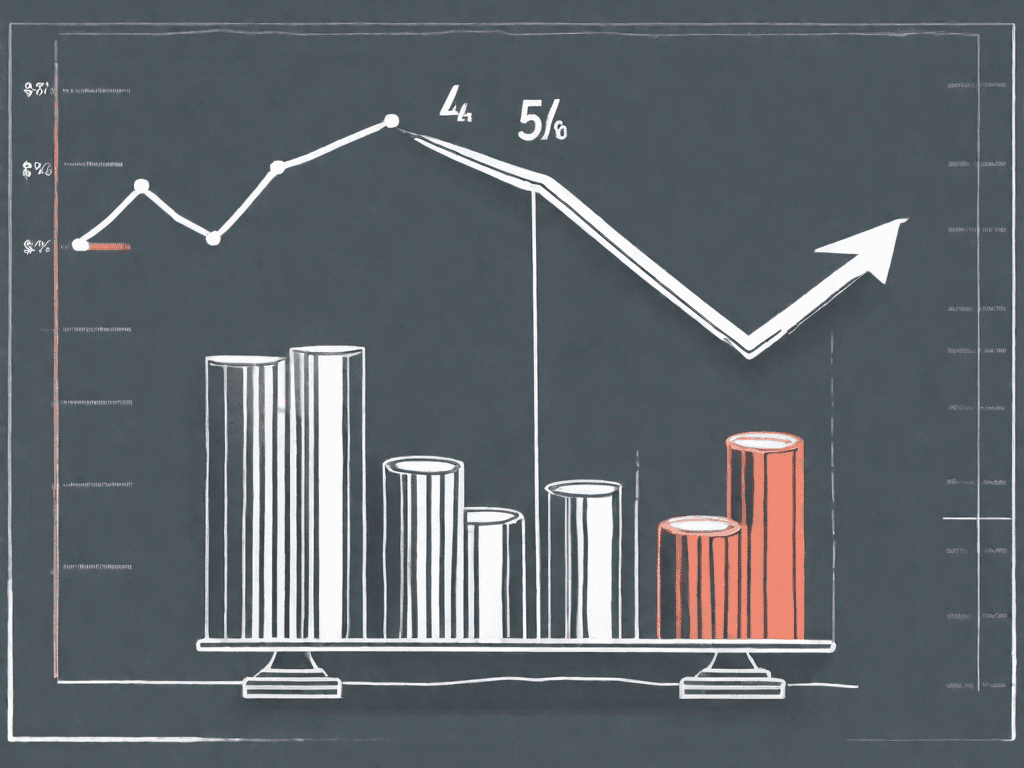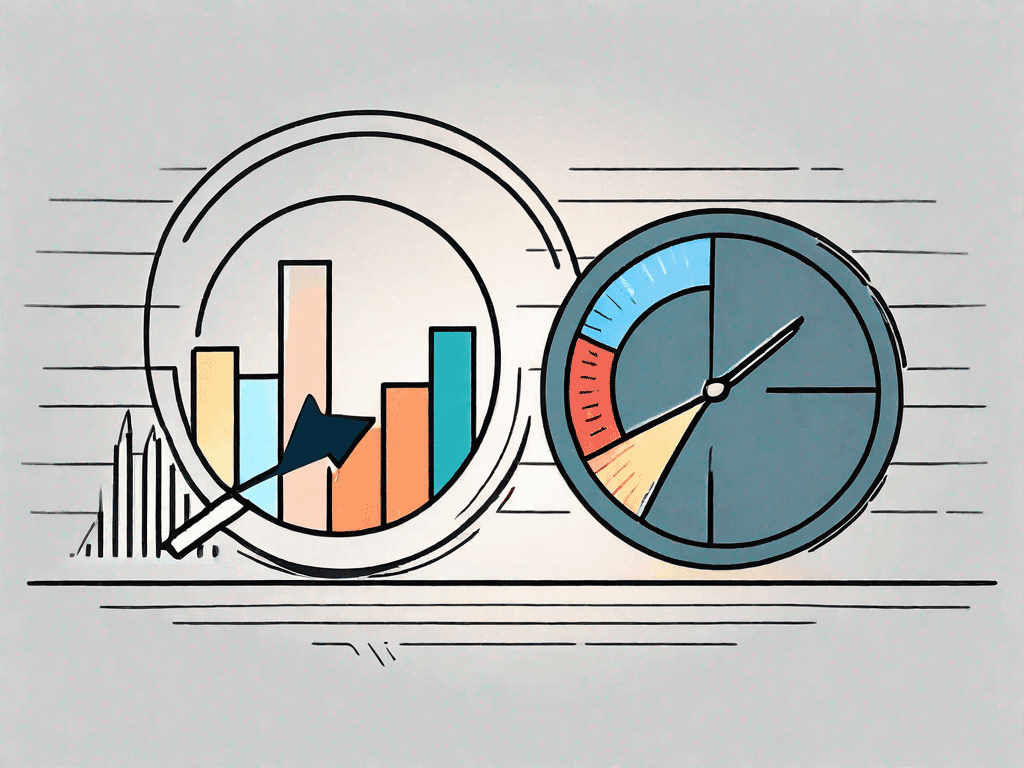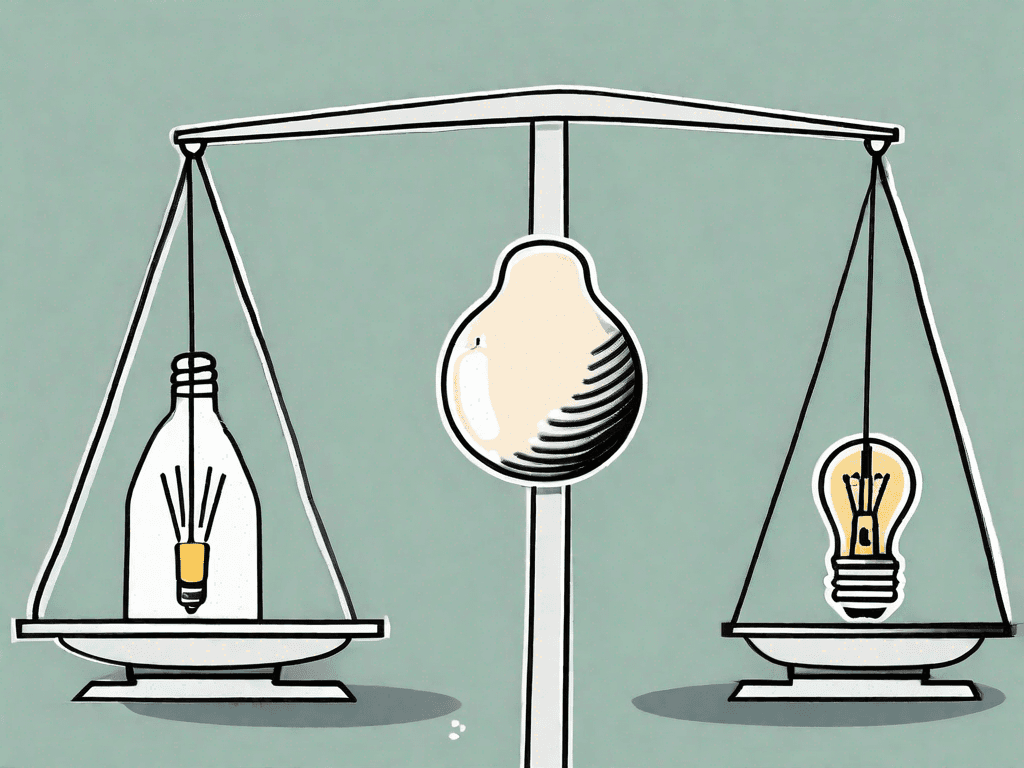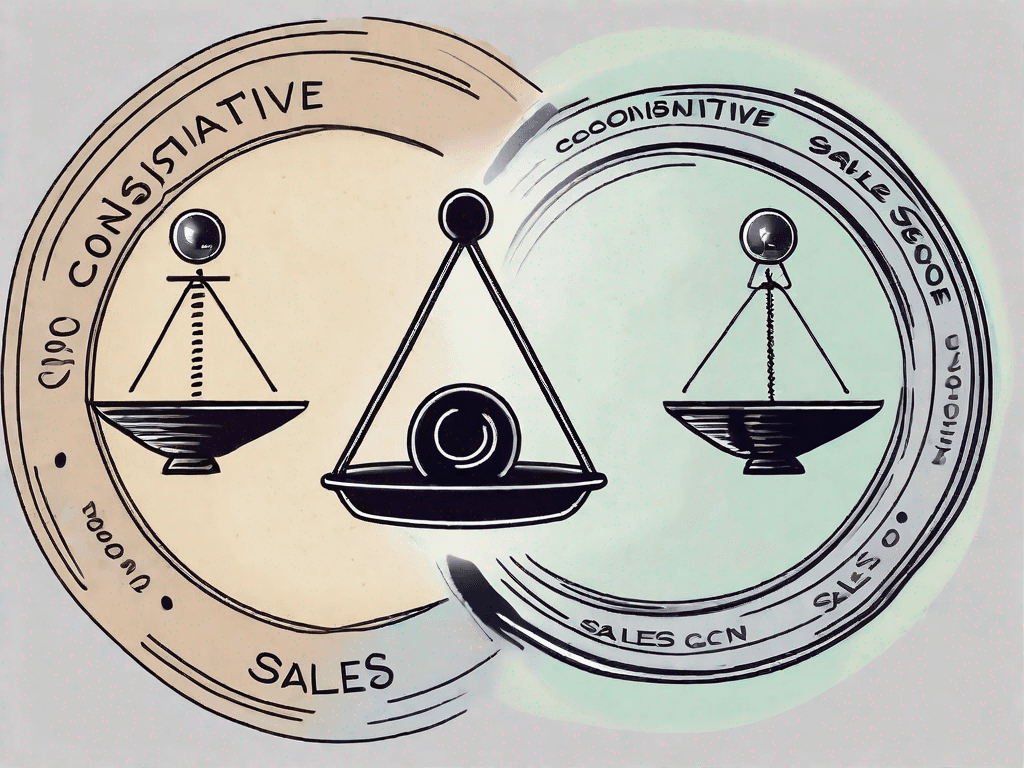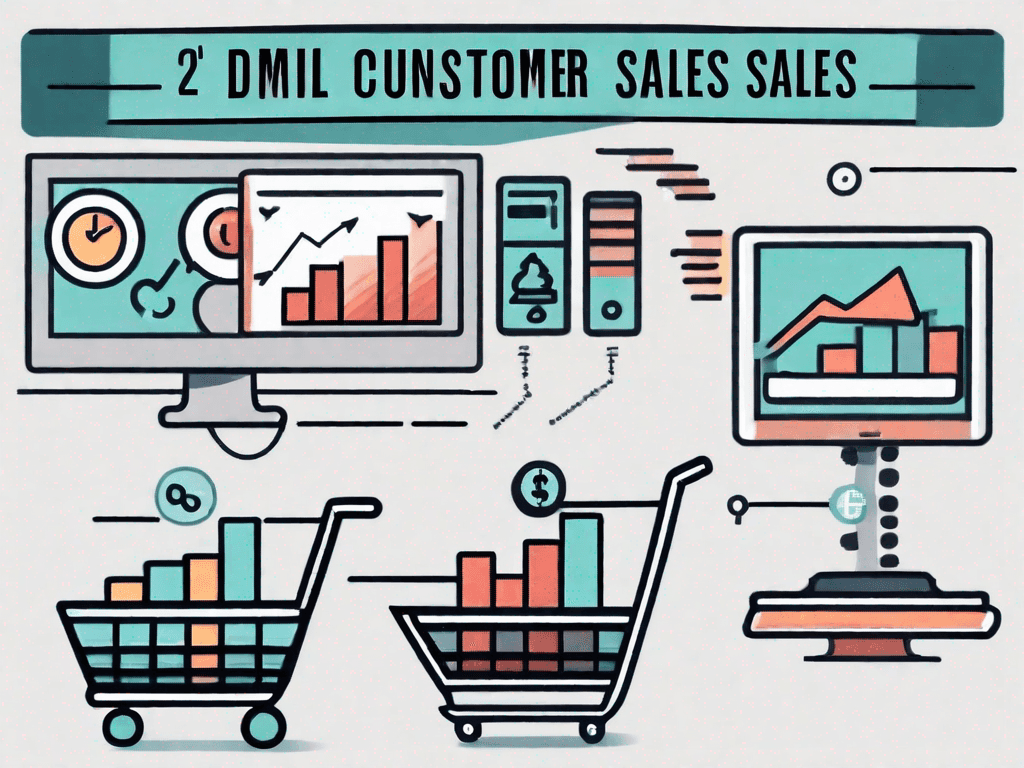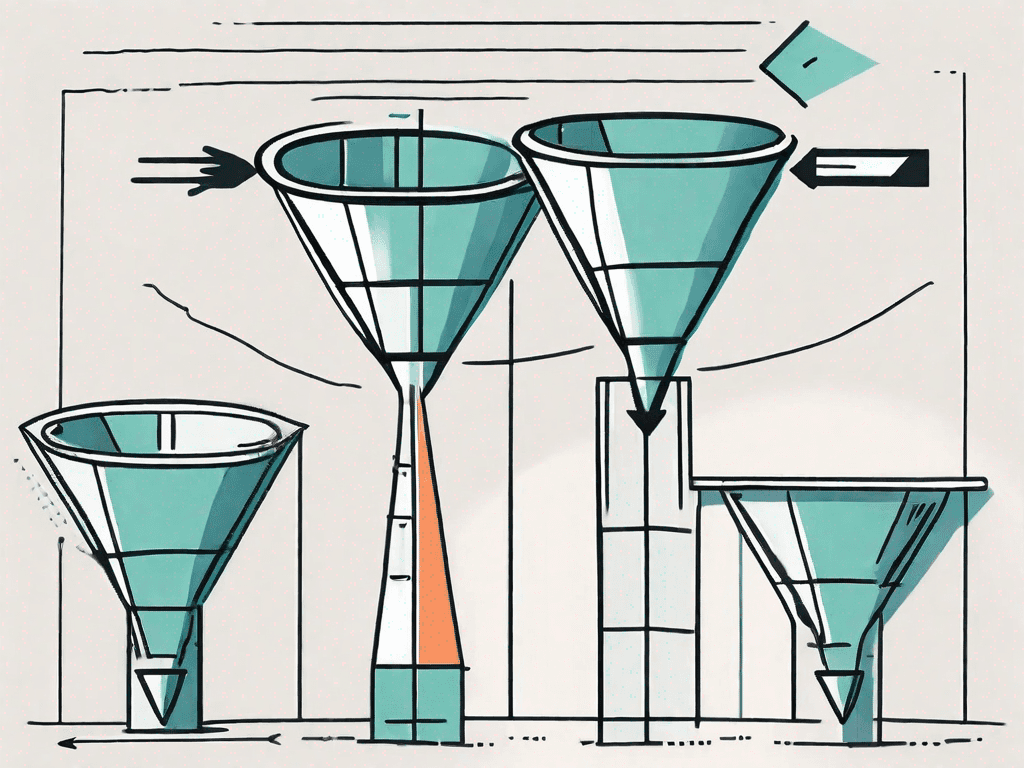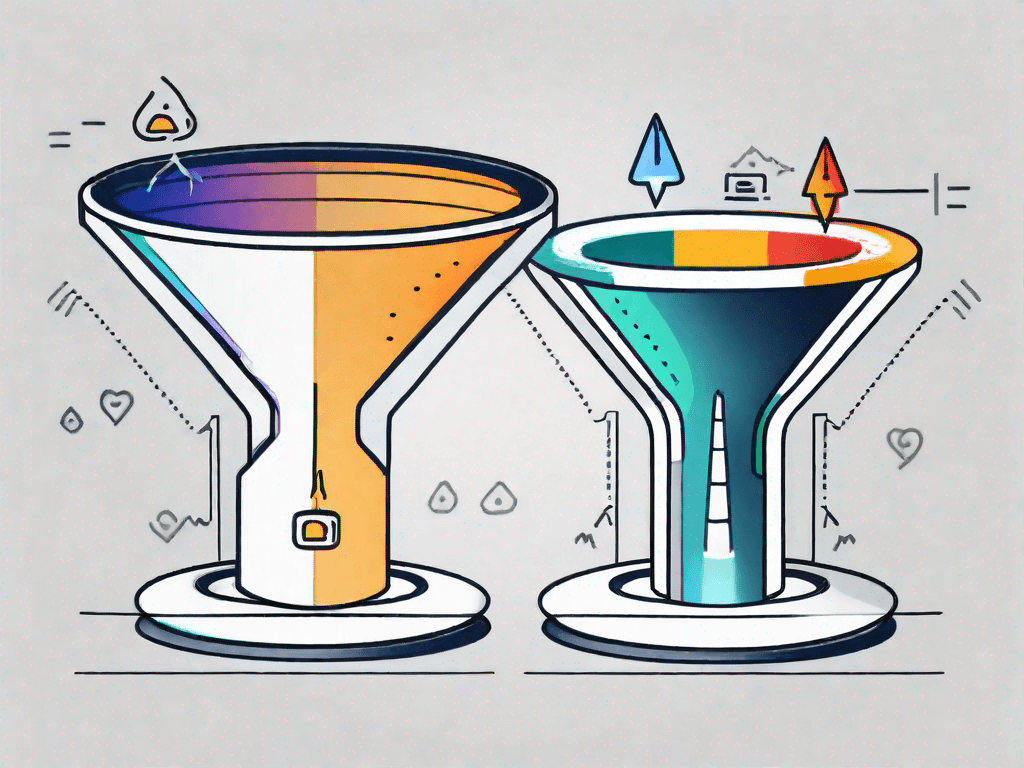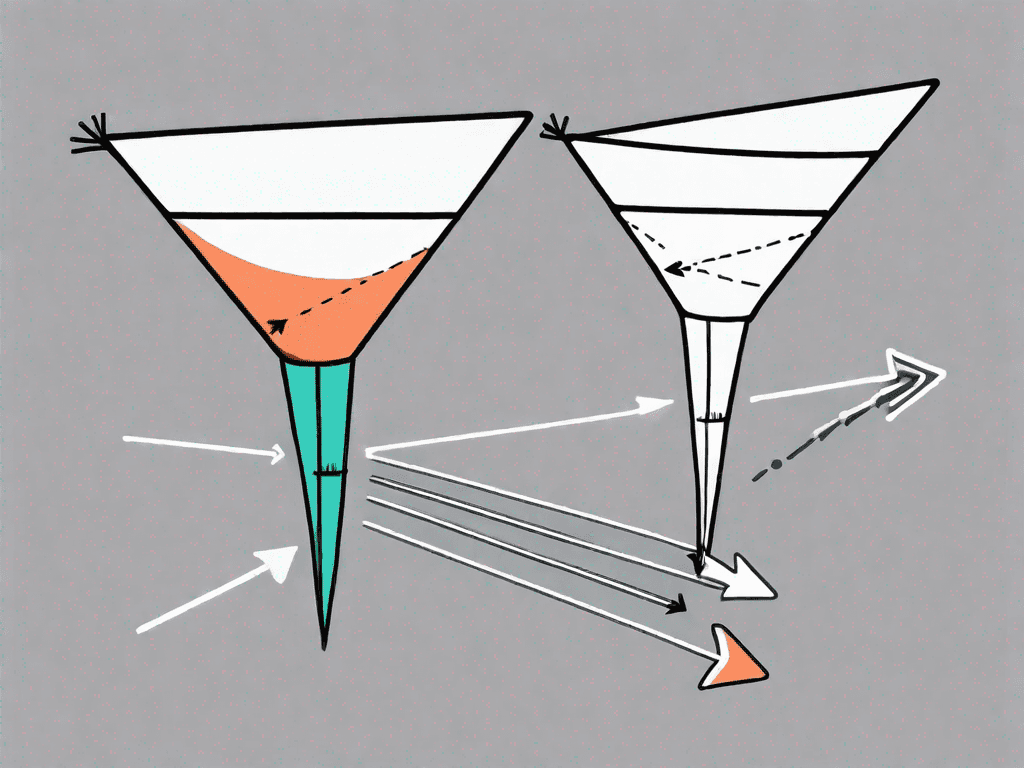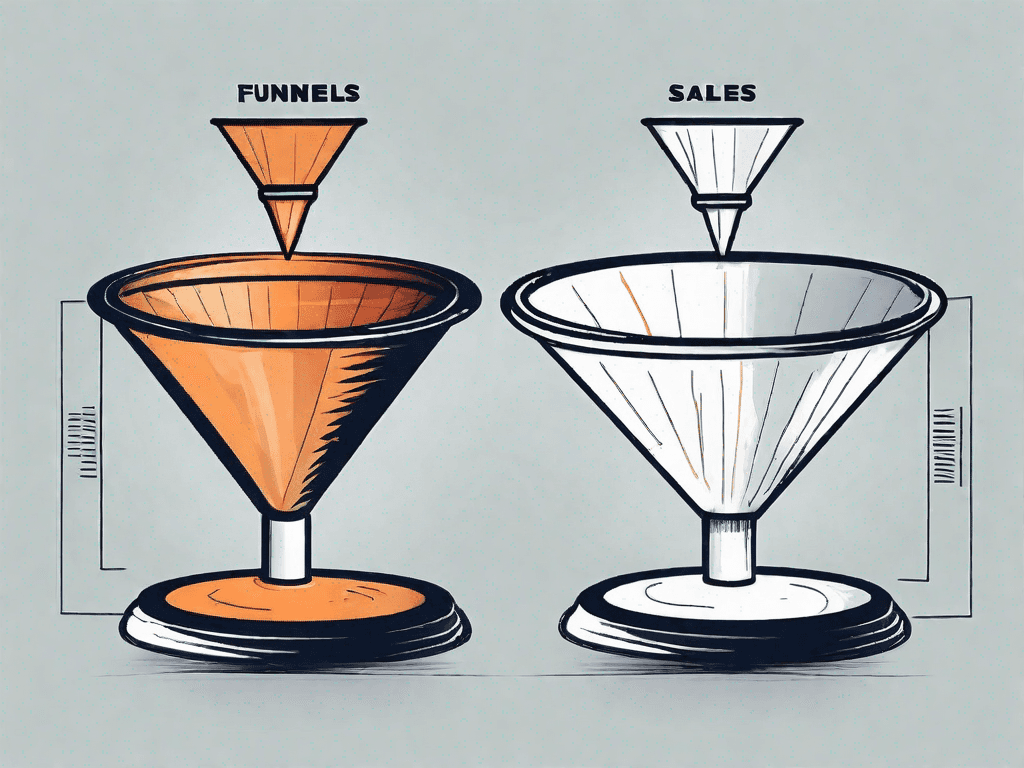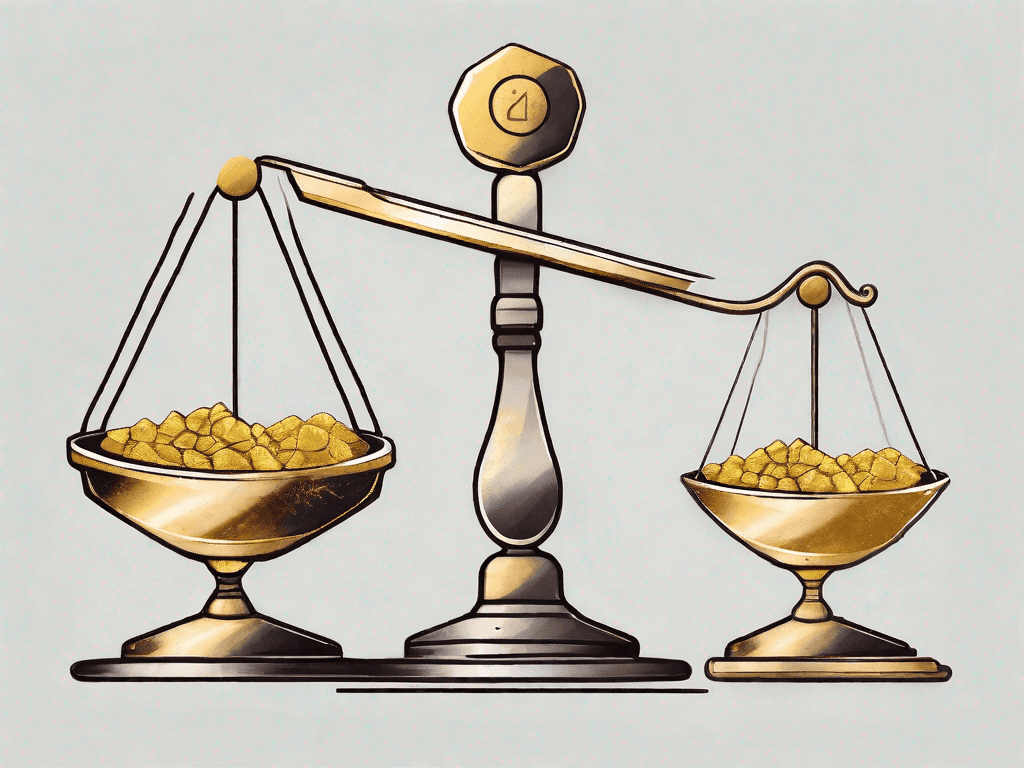
Growth Hacking vs. Growth Marketing: What's the Difference?
In the realm of business and marketing, there is no shortage of buzzwords and trendy concepts. Two terms that have been gaining significant attention are "growth hacking" and "growth marketing." While they may sound similar, they are not interchangeable and refer to distinct approaches to achieving business growth. In this article, we will explore the definitions of growth hacking and growth marketing, dissect the differences between the two, and provide examples to illustrate each concept
Defining Growth Hacking and Growth Marketing
Growth hacking and growth marketing are two distinct approaches used by businesses to achieve rapid and sustainable growth. While they share similarities, they differ in their scope and application.
1.1 - What is Growth Hacking?
Growth hacking is a mindset and methodology employed primarily by startups and small businesses to achieve exponential growth on a limited budget. It goes beyond traditional marketing strategies and embraces a creative and experimental approach to finding innovative, unconventional, and scalable solutions.
A growth hacker is an individual with a unique skill set that combines marketing, data analysis, coding, and product development. They are constantly testing and optimizing various growth strategies, leveraging technology and automation to achieve maximum impact. These individuals are known for their out-of-the-box thinking and ability to identify untapped opportunities for growth.
One example of growth hacking is the use of viral marketing techniques, where businesses create compelling content that encourages users to share it with their networks. This organic sharing generates exponential growth without the need for significant advertising spend. Growth hackers also employ A/B testing, where different versions of a website or landing page are tested to identify the most effective design and copy.
Furthermore, growth hacking relies heavily on data analysis to identify patterns, trends, and opportunities for optimization. By closely monitoring user behavior and engagement metrics, growth hackers can make data-driven decisions to drive growth and improve conversion rates.
1.2 - What is Growth Marketing?
Growth marketing, on the other hand, represents a broader and more comprehensive approach to achieving sustainable growth for businesses of all sizes. It encompasses all marketing activities, strategies, and tactics aimed at driving customer acquisition, retention, and revenue growth.
Unlike growth hacking, growth marketing is not limited to startups or small businesses. It is applicable to organizations at any stage of growth, from early-stage companies to established enterprises. Growth marketers leverage a wide range of marketing channels, tools, and techniques to drive growth.
Growth marketing involves a deep understanding of the target audience and their needs. By conducting thorough market research and customer segmentation, growth marketers can develop tailored marketing campaigns that resonate with their target customers. They utilize data analytics to measure the effectiveness of their campaigns and make data-driven decisions to optimize their marketing strategies.
Some common growth marketing strategies include content marketing, social media marketing, search engine optimization (SEO), email marketing, influencer marketing, and paid advertising. Growth marketers constantly monitor key performance indicators (KPIs) such as customer acquisition cost (CAC), customer lifetime value (CLTV), and conversion rates to track the success of their campaigns and make necessary adjustments.
In conclusion, while growth hacking and growth marketing share the common goal of driving business growth, they differ in their focus and approach. Growth hacking is a more specialized and experimental methodology primarily used by startups, while growth marketing encompasses a broader range of marketing activities applicable to businesses of all sizes. Both approaches rely on data analysis and optimization to achieve sustainable growth in today's competitive business landscape.
What's the difference between Growth Hacking and Growth Marketing?
While growth hacking and growth marketing share the ultimate goal of driving business growth, they differ in terms of scope, approach, and mindset. The primary distinctions can be summarized as follows:
Growth hacking primarily focuses on rapid experimentation and scalable tactics, often incorporating elements of product development and data analysis. It aims to find innovative ways to achieve growth quickly, regardless of the budget or resources available.
Growth marketing, on the other hand, takes a more holistic approach and encompasses all marketing activities aimed at driving growth. It considers the entire customer journey, from acquisition to retention, and emphasizes sustainable, long-term growth over quick wins.
To put it simply, growth hacking is a subset of growth marketing, specifically designed for startups and small businesses that need to achieve rapid growth in highly competitive markets with limited resources.
Examples of the Difference between Growth Hacking and Growth Marketing
2.1 - Example in a Startup Context
Imagine a tech startup that has just launched a new mobile app. The growth hacker employed by the company might focus on rapidly acquiring users through viral marketing campaigns, leveraging social media and referral programs. They might also experiment with different product features and user experience enhancements to drive adoption and increase customer retention.
On the other hand, a growth marketer in the same startup would take a more comprehensive approach. They would consider all marketing channels and tactics, including content marketing, SEO, paid advertising, and partnerships, to attract and retain customers. They would focus on building brand awareness, driving website traffic, and optimizing the entire customer journey to maximize revenue growth.
2.2 - Example in a Consulting Context
In a consulting firm, a growth hacker might develop an automated lead generation system using AI-based chatbots or create a referral program that incentivizes existing clients to refer new business. Their primary focus would be on finding creative solutions to generate leads and drive revenue growth.
A growth marketer in the same consulting firm, however, would take a broader approach. They would develop a comprehensive marketing strategy that includes market research, positioning, branding, content creation, PR, and thought leadership. They would aim to attract high-quality leads, build trust, and establish the firm as a go-to resource in their industry.
2.3 - Example in a Digital Marketing Agency Context
In a digital marketing agency, a growth hacker might experiment with different pricing models, create highly targeted landing pages, or implement sophisticated retargeting campaigns to drive conversion rates. They would prioritize scalable tactics that generate immediate results for their clients.
A growth marketer in the same agency would work on broader marketing strategies and tactics, such as developing customized digital marketing plans, optimizing websites for lead capture and conversion, running email marketing campaigns, and leveraging data analytics to refine and improve marketing performance.
2.4 - Example with Analogies
Analogously, growth hacking can be compared to a sprint, where speed and agility are paramount. The focus is on short bursts of intense effort to achieve rapid progress. Growth marketing, on the other hand, can be likened to a marathon, where endurance, sustainability, and long-term planning are key. It involves consistent effort over an extended period to achieve steady growth and lasting success.
In conclusion, while growth hacking and growth marketing are related concepts, they differ significantly in terms of scope, approach, and mindset. Growth hacking is a laser-focused, experimental approach used primarily by startups and small businesses, aimed at achieving rapid growth on a limited budget. Growth marketing, on the other hand, takes a more holistic and sustainable approach, encompassing all marketing activities aimed at driving growth across businesses of all sizes.
Whether you are a startup looking to launch your first product or an established business aiming for continued growth, understanding the distinctions between growth hacking and growth marketing can help you determine the best strategies and tactics to achieve your growth objectives.











